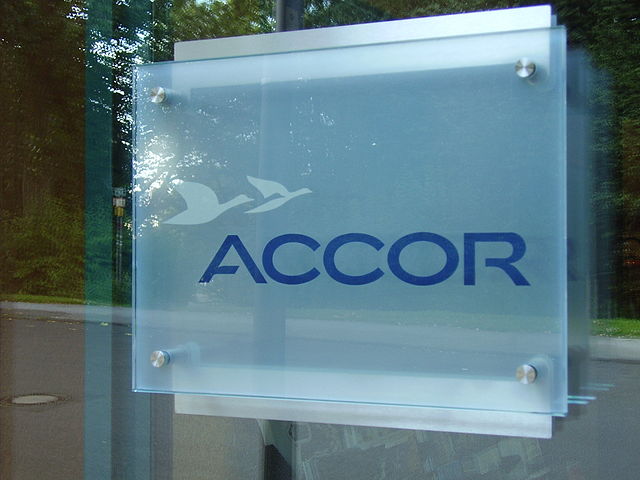
Savvy building managers protect bodies corporate
It is an inevitable part of strata living that at some point, significant aspects of common property will need to be repaired or replaced. This may be refurbishment of the main entrance foyer, resurfacing the pool and its surroundings, major landscaping works or the resurfacing of the driveway.
The building manager should be the eyes and ears of the committee around the building. Your role should include:
• identifying replacement and refurbishment opportunities
• discussing these opportunities with your committee
• where the committee and general meeting elect to proceed, identifying the trades and services necessary
• and finally coordinating aspects of the services and trades necessary to undertake the project
With a multitude of businesses, contractors and suppliers out there, how do you make the right decision?
Google isn’t always best – I recently needed some trees trimmed at my home. I sat down at my computer, opened Google, searched “tree trimmers Brisbane” and called the first listing. They came out the next day and trimmed my trees. Job done, no worries. But what if a branch they had chopped fell through my roof and it turns out they weren’t covered by the appropriate insurance? This would be a huge annoyance and cost for me but I would be the only one affected.
For renovations or works in strata, it is not so simple. Your responsibility is much greater, since the implications of the decision you make as the building manager affect all lot owners. If something goes wrong, lot owners may be subject to major disruptions and higher-than-expected costs.
Be diligent – Building managers need suppliers and contractors for many tasks including painting, carpet laying, pest management and lift maintenance. Unfortunately, there are unscrupulous and unprofessional suppliers and contractors out there. You can, however, save yourself (and your body corporate) a lot of worry and expense in a few simple steps.
1. Use your contacts in the industry to locate the name and details of a contractor or supplier who is reliable, fairly priced and provides top quality products or work. Voluntary word-of-mouth references are a great indicator of satisfaction with the contractor.
2. Check the credentials of the supplier – especially if they have not been referred to you.
• Do they have the appropriate insurance (public and products liability insurance, workers compensation insurance)?
• Are they a member of an industry association?
• What warranty or quality guarantee do they provide?
• Can they provide you with references and testimonials?
3. Don’t let cost be your only consideration. You may be tempted to take up the special offer from a new painting business or to let your mate the ‘sometime’ concreter redo the body corporate driveway. These may sound like the best options at the time. But what if the painters use an inferior product or unskilled painters and subsequently go out of business? And what if the concreter doesn’t have insurance and a resident trips on his tools? The body corporate might in both circumstances incur extra costs, either to rectify the works or pay compensation. Cheaper isn’t necessarily better, you might pay for it in the long run.
4. Use the knowledge of industry experts. Ask your body corporate manager for a recommendation, or use lists of preferred suppliers such as Resort News Preferred Suppliers or LivingInStrata/strata-market to find quality, proven businesses, contractors and suppliers.
Major works – The bigger the project, the more care you need to take. Sometimes being extra careful with the steps listed above will be enough but there will be times when showing diligence means admitting there are major works that are beyond your expertise.
Your body corporate manager may suggest engaging a specialist consultant, facility manager, project manager or contract manager for major works. This is to ensure all the important details (such as contracts and insurance) are covered, the works are scheduled and carried out effectively, and the body corporate is not left carrying any extra liability or cost.
Proceeding without professional guidance for major works risks cost blowouts, liability claims, prolonged unavailability of popular assets (such as pools), restricted areas for owners and unknown completion dates. Building managers can find themselves under siege by owners and the ‘blame game’ can divide a previously well working, harmonious community.
The body corporate of a large Gold Coast property recently, with all good intention, tried to manage the resurfacing of a large outdoor pool – including removing and replacing the membrane and relaying a pebblecrete finish. After being told what was required by separate various contractors – many of whom would offer no guarantee or warranty for their work, and without a project manager to oversee and co-ordinate the numerous trades involved – what was budgeted as a $45,000 project ended up costing $110,000.
To avoid situations like this, speak with your body corporate manager whenever you are planning repairs or replacements to common property. They can provide support, guidance and advice when you are seeking suppliers, contractors or project managers. Taking a few diligent steps at the outset of any common property works can save your body corporate time, money, and contribute to the overall wellbeing of your community.






